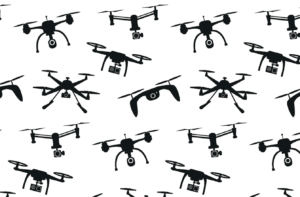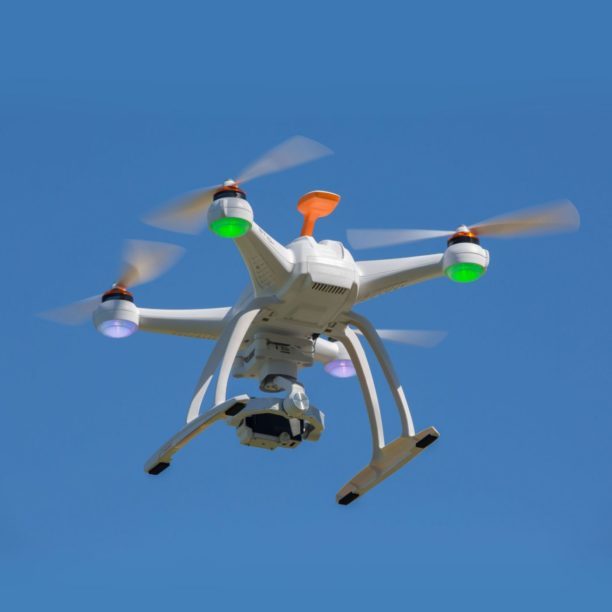
The article is well worth reading, and makes a convincing case. Through her work in drone advocacy groups and as a partner at global law firm Hogan Lovells, Ellman is clearly on the side of the commercial drone industry. But the article reasons that requiring all drones to provide ID just makes sense: the aircraft are the same, whether operated for fun or for business. In the same way that both cars driven for fun and trucks driven for commerce are required to be registered, all of the drones in the sky need to participate in an ID and Tracking program.
“But to integrate the airspace properly, and in a way that is safe and secure, basic “rules of the road” are necessary,” writes Ellman. “Just like the highways we traverse every day in cars and trucks, it is critical that all vehicles navigating “highways in the sky” participate in the broader drone ecosystem. Policy and regulations defining these rules of the road, combined with technology able to assign drones a “license plate,” are a necessary step to expand commercial drone operations.”
Perhaps the best argument for including recreational drone operators in any requirement was provided by the National Transportation Safety Board report about the collision between a Black Hawk Army helicopter and a recreational drone – a damning report that starkly demonstrated the potential danger that recreational operators who don’t know the laws can cause.
“Commercial drones have incredible safety and efficiency benefits for the American economy. But for the commercial drone industry to truly prosper, we need highways in the sky – and some common-sense rules of the road. A comprehensive remote identification requirement is a critical piece to the overall UAS integration puzzle.”
“The Commercial Drone Alliance was therefore strongly disappointed in the ARC’s recommendation to carve out model aircraft from a remote identification requirement. We hope that policymakers consider the future of the commercial drone industry as they draft a remote ID rule.”
Miriam McNabb is the Editor-in-Chief of DRONELIFE and CEO of JobForDrones, a professional drone services marketplace, and a fascinated observer of the emerging drone industry and the regulatory environment for drones. Miriam has penned over 3,000 articles focused on the commercial drone space and is an international speaker and recognized figure in the industry. Miriam has a degree from the University of Chicago and over 20 years of experience in high tech sales and marketing for new technologies.
For drone industry consulting or writing, Email Miriam.
TWITTER:@spaldingbarker
Subscribe to DroneLife here.
